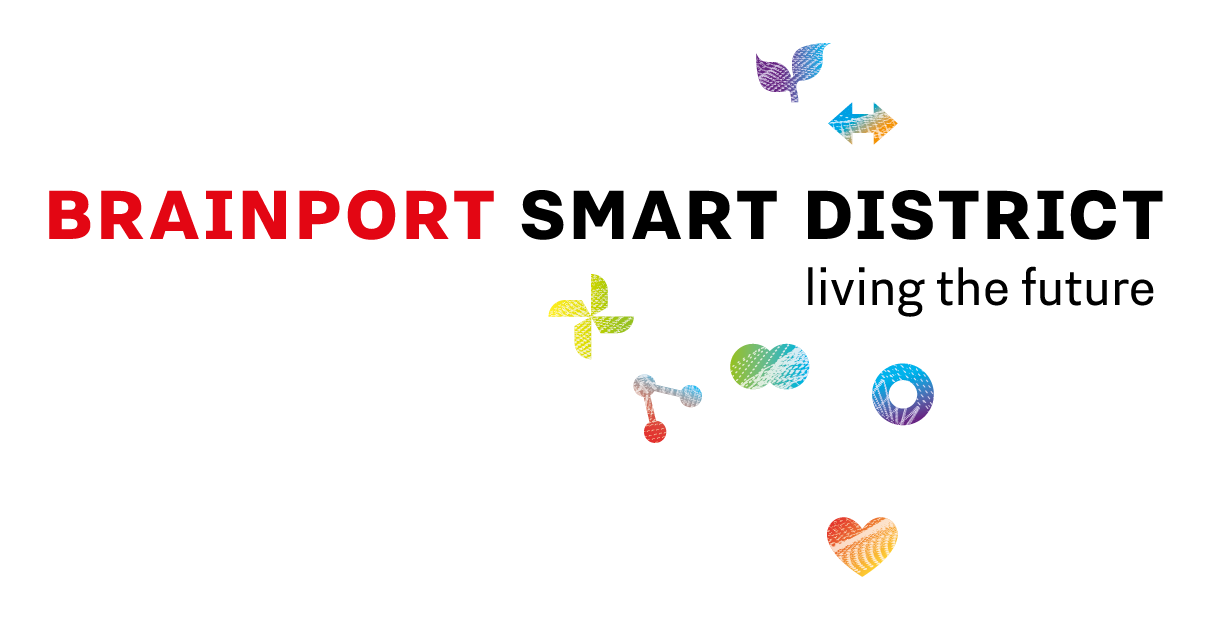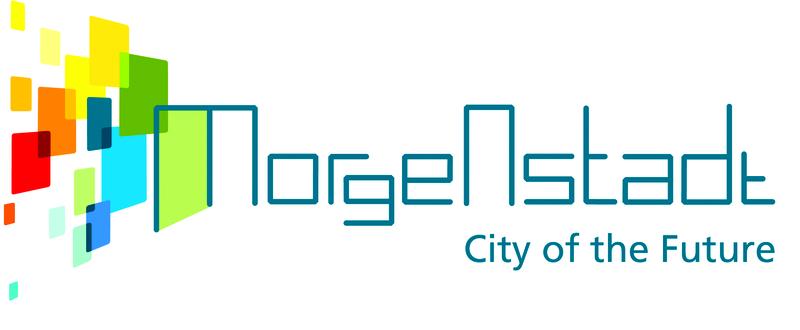Create the best individual version of your city

It is important for a city to follow a strategy as a clear path
- not to be pushed around
A Smart City Vision defines the goals you want to reach as a city
Examples for existing Smart Cities
intends to become energy neutral by 2035-2045
wants to reduce private motorised traffic from current 28% to 15% by 2030
wants to be the first carbon neutral capital in the world by 2025
14,300 parking lots in public space were removed (a 9% reduction) between 2003 and 2011
Implementation Plans and Strategies help you strategically implement the Smart City Solutions you need.
A good smart city strategy needs to tackle the urban transformation on four different levels in an integrated way:





Diagnosis

Guiding Policy

Coherent Actions

We are supporting the development of the Brainport Smart District in Helmond, The Netherlands – planned to be the smartest district in the world by 2022.
Smart City Developments are built on strong local partnerships. A community of innovators
and entrepreneurs is needed to come-up with solutions that help your city improve and thrive
– at the same time it needs the citizenry and the municipality as their representative to make sure,
money is spend in the best public interest.
Building strong local partnerships is not an easy task – it needs to balance different interests and goals.
External guidance and innovation impulses are therefore needed to set-up and manage
a local innovation ecosystem. We support you in identifying the right initiatives and partners to follow a
process of sustainable and long-term growth e.g. by organizing inspirational workshops with presentations
and by managing the process of local project development and implementation.

You can download a report we were involved in from SmartImpact here
The city administration plays a crucial role and can do a lot to boost
the improvement of urban life.
The vast majority of Smart City Projects is cross-sectoral – involving
different departments and staff from many different backgrounds in your
city administration.
Efficiently implementing solutions requires an efficient organisation.
There is no one-size fits all solution but there are
generic governance structure that have proven to be successful.

Within CityLabs, the aim is to develop an over-arching systemic understanding of how the city functions.
Working in close collaboration with local stakeholders, the interdisciplinary research team uses quantitative
and qualitative methods to identify key challenges and areas for intervention.
Based on the findings, an integrated roadmap to achieve smarter and more sustainable urban development
is developed collaboratively with the city. BABLE as a spin-off from the
Morgenstadt Innovation Network offers the City Labs together with experts from Morgenstadt and Fraunhofer.
For a smaller scale and rather quick analysis we offer a SWOT screening of your city, naming however not quantifying the strengths, weaknesses, opportunities and threats. The analysis is based on workshops and interviews with experienced personnel from the city and relevant partners as well as a review of existing documents.
